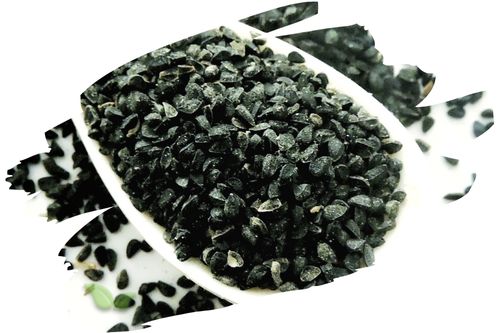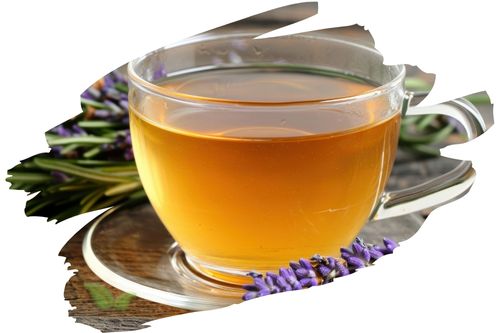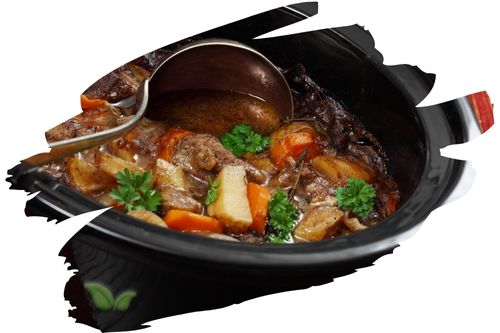
Introduction
If you're a culinary enthusiast or a fan of seafood, you've likely encountered Old Bay Seasoning at some point. This iconic spice blend is a cherished ingredient in kitchens across the United States, known for its ability to elevate the taste of numerous dishes. In this article, we'll take a closer look at Old Bay Seasoning, answering the burning question: What is Old Bay Seasoning?
The History Behind Old Bay Seasoning
A Flavorful Heritage
Old Bay Seasoning has a rich history that dates back to the early 1940s. It was first created by Gustav Brunn, a German immigrant who settled in Baltimore, Maryland. Brunn's spice blend was inspired by the bold flavors of the Chesapeake Bay region, which is famous for its seafood.
A Name with a Story
The name "Old Bay" is believed to be a reference to the Old Bay Line, a steamship company that operated in the Chesapeake Bay area. This nautical connection further emphasizes the seasoning's ties to the region's maritime culture.
Iconic Packaging
Old Bay Seasoning is instantly recognizable by its distinctive yellow canister. The packaging has remained largely unchanged over the decades, becoming a symbol of tradition and quality.
What's in Old Bay Seasoning?
The Secret Recipe
While the exact recipe for Old Bay Seasoning is a well-guarded secret, some key ingredients are commonly known. The blend typically includes paprika, celery salt, black pepper, and crushed red pepper flakes, among others. These components create a harmonious flavor profile that's both spicy and savory.
Versatile and Unique
What sets Old Bay Seasoning apart is its versatility. It can be used as a dry rub for meats, a seasoning for seafood boils, or a flavor enhancer for soups and stews. Its ability to complement a wide range of dishes makes it a kitchen essential.
Using Old Bay Seasoning
Seafood Sensation
Old Bay Seasoning is most famous for its role in enhancing the flavors of seafood. Whether you're steaming crabs, grilling shrimp, or making a classic crab cake, a dash of Old Bay can transform your dish into a culinary masterpiece.
Beyond Seafood
Don't limit Old Bay Seasoning to seafood alone. Experiment with it in your favorite recipes to add a unique twist. Sprinkle it on french fries, mix it into dips, or use it as a seasoning for roasted vegetables.
FAQs
Is Old Bay Seasoning spicy?
Old Bay Seasoning has a mild to moderate level of spiciness. The heat comes from ingredients like black pepper and red pepper flakes, but it's not overwhelmingly hot.
Can I use Old Bay Seasoning on chicken?
Absolutely! Old Bay Seasoning can enhance the flavor of chicken dishes, especially when used as a dry rub or mixed into marinades.
Is Old Bay Seasoning gluten-free?
Most versions of Old Bay Seasoning are gluten-free. However, it's essential to check the label for any potential allergens if you have dietary restrictions.
How long does Old Bay Seasoning last?
When stored in a cool, dry place, Old Bay Seasoning can maintain its flavor for up to three years. Be sure to check the expiration date on the packaging.
Can I use Old Bay Seasoning for vegetarian dishes?
Yes, Old Bay Seasoning can be a delightful addition to vegetarian and vegan recipes. Its bold flavor can elevate the taste of plant-based dishes like roasted vegetables or tofu.
Where can I buy Old Bay Seasoning?
You can find Old Bay Seasoning in most grocery stores, either in the spice aisle or the seafood section. It's also available for purchase online.
Conclusion
In the world of seasonings, Old Bay Seasoning stands out as a beloved classic. Its captivating history, versatile ingredients, and unmatched flavor make it a must-have in any kitchen. Whether you're a seasoned chef or an amateur cook, adding a touch of Old Bay can turn an ordinary dish into a culinary masterpiece. So, next time you ask, "What is Old Bay Seasoning?" remember that it's not just a seasoning – it's a flavor-packed journey through the heart of Chesapeake Bay cuisine.
Alert: While spices can have many beneficial properties for health, using them for medical purposes should be done under the guidance and supervision of a healthcare professional or specialist. Some spices may interact with medications or cause adverse reactions in certain individuals, and it is important to use them safely and appropriately. If you are considering using spices for a medical condition, it is important to consult with a healthcare professional before doing so.




















































